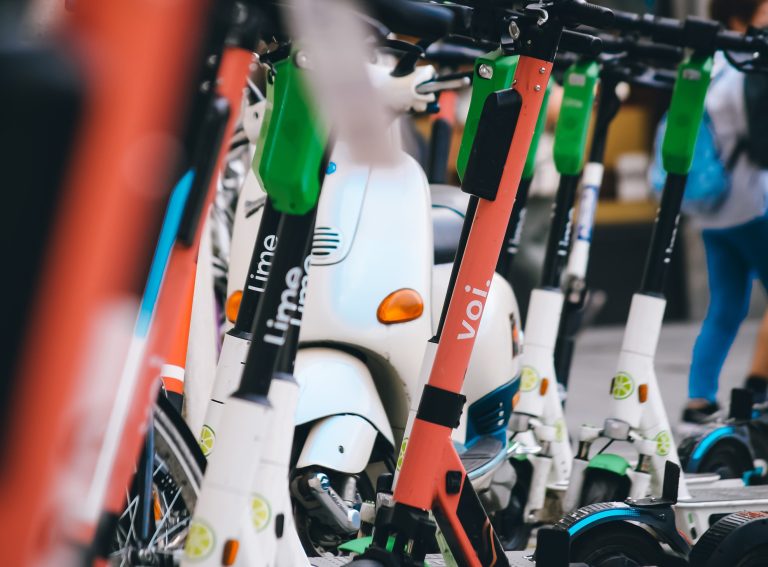The number of dockless bike trips across Europe has grown by 33% in Q1 2023, according to Fluctuo’s latest European Shared Mobility Index report.
There are now 35,000 more dockless e-bikes than a year ago and overall fleet sizes are fluctuating less than before. Docked bike usage also grew by 12% compared to Q1 2022.
Bike-sharing therefore maintained its status as the fastest-growing mode of shared transportation since 01 January, surpassing scooters (11%), mopeds (-5%) and cars (6%).
Overall, there are now 750,000 shared vehicles in Europe – 255,000 bikes, 400,000 scooters, 28,000 mopeds and 67,500 cars.
Fluctuo CEO Julien Chamussy told Zag Daily that over the last 18 months scooter companies have been adding bikes to their fleets.
“There are good reasons for this,” he said. “Bikes are less controversial; they have a higher perceived safety and there have been fewer issues concerning their occupation of public space. It’s a way to compensate for the fleet caps that limit the number of scooters (and therefore the revenue) in major European cities.”
Chamussy said the strategy also enables operators to address new customers and have a more attractive offer for a wider range of people.
“There are two sides to it: for cities with bike-sharing schemes, there can be a certain complementarity – free-floating bikes can serve areas where there is no room for stations, or not enough demand to merit the cost of building new stations. For cities without an existing scheme, it’s an opportunity to have a bike service at no cost to the city.”
Despite the steady growth of bike ridership, the report points out that they are more sensitive to adverse weather. It says mitigating weather-related challenges will become a key focus to ensure a consistent and reliable bike-sharing experience.
Fluctuo forecasts
Fluctuo predicts that scooters that are no longer permitted in cities such as Paris will be redeployed to larger cities in Eastern Europe and mid-size cities across the continent.
The firm also forecasts a gradual alignment between scooter and bike fleets this year. While there are currently 400,000 scooters and 255,000 bikes in Europe, Fluctuo estimates that the number of dockless bikes will grow by 30% to 40% compared to peak 2022 levels.
It is also anticipated that there will be a seasonal decline in the number of active vehicles between now and the end of 2023. However, with more efficient vehicles, they are expected to record more trips per day.
The European Shared Mobility Index provides a quarterly snapshot of the market across 100 cities. It encompasses shared bikes, scooters, mopeds and cars, excluding ride-hailing services, car-pooling and long-term rental.




